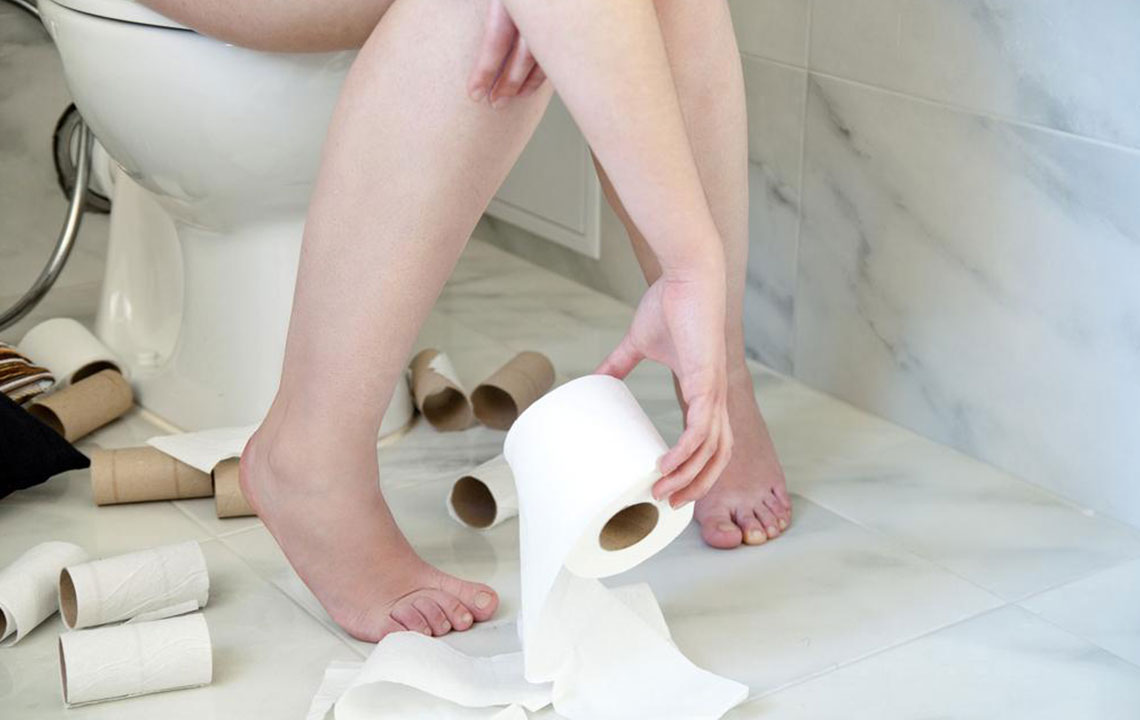Effective Treatments for Constipation

It is normal not to have a bowel movement on some days. Even if you miss a bowel movement on a particular day, there is nothing wrong with it. If you have bowel movements at least three times a week, it would still be considered as normal or regular bowel movements. As long as you have a usual pattern of bowel movements, you do not have to worry about constipation or diarrhea. You will know it is constipation when the bowel movements are not frequent, and you feel some difficulty in passing. It is the opposite of diarrhea where stool is hard and dry and doesn’t come frequently or at your usual interval. Though constipation is not a life-threatening condition, it must be taken seriously when constipation is a part of other health and mental issues.
Treatment for constipation is not complicated. Though in most cases the treatment for constipation is based on the underlying cause. There are many causes of constipation, such as Hypothyroidism, Parkinson disease, colon cancer, inflammatory bowel disease, diverticulitis, celiac disease, etc.
Some more causes of constipation are:
- Fewer bowel movements
- Problems faced during bowel movements
- Hard stools
- Dry stools
- Feeling of incomplete bowel movement
- Nausea or vomit
- Swollen belly
- Abdominal pain
Here are some of the causes of constipation to know the treatment for constipation better.
- If you are on a medication and it is an antacid medicine that contains calcium or aluminum, it can cause you constipation
- When your usual diet changes
- When there is a change in your usual activities
- If you have colon cancer, constipation becomes one of the symptoms
- If you eat or have eaten a lot of dairy products
- If you have an eating disorder
- Parkinson’s disease or multiple sclerosis are such neurological diseases that can cause constipation
- If you are not active enough
- Lack of fiber in the diet also causes constipation
- Pregnancy
- Inactivity
- If there is a problem with the nerves and muscles of the digestive system
- When there is an urge to resist the bowel movement can lead to constipation
- Drugs, antidepressants and iron pill can cause constipation
- Hypothyroidism or underactive thyroid
If you have constipation, here are some of the treatments for constipation you can try on your own.
- Unless your doctor has advised you otherwise, drink four more glasses of water with your regular water intake
- Go for warm water and warm liquids in general
- Add more fruits to your diet for fiber, along with other seasonal vegetables
- Prunes and barn cereal must be added to your diet
There are mild over-the-counter stool softener pills available, and you can use them as a solution for your constipation. These stool softeners are called docusate and laxative. If you have been using laxative already and it has been over two weeks, then refrain from using it any further as over usage of laxative is also one of the common causes of constipation. If medicines and other changes aren’t helping, you must see a doctor.
Knowing when to call a doctor
A good treatment of constipation includes knowing when to see a doctor. Here are the instances when you must consider visiting a doctor.
- You can see your doctor even when you have just figured out that you have constipation
- If you see blood in your stool, do visit your doctor
- If you haven’t faced constipation before, you can see a doctor to help you with everything all the simple home remedies for medical treatment
- If the pain is severe especially while bowel movements
- If you have been trying many things and constipation doesn’t seem to go away
- If the stools are extremely thin
Here are the treatments for constipation your doctor is most likely to suggest.
- You will be asked to make some changes in your lifestyle for an over better effect
- You will be asked to add more fruits and vegetables in your diet and cut down on excess lactose intake
- More water is recommended to you as a part of treatment
- You will be asked to take less stress and use the toilet as soon as you need to use it
- You will be asked to eat less processed food and more natural and organic food
- If things become worse and these methods don’t seem to work well, then surgery is performed to treat constipation. However, this is a rare case.
- Usually, doctors will prescribe medicines, exercises and dietary and lifestyle changes
- There are certain yoga poses you can practice for treating your constipation. You can either take help of someone who knows yoga or browse through the Internet for the same.
Constipation takes a couple of days or a week or two to subside, considering you are taking necessary measures to treat it. It is a very common health problem and can easily be treated especially if there isn’t any other underlying diseases or medical condition.


